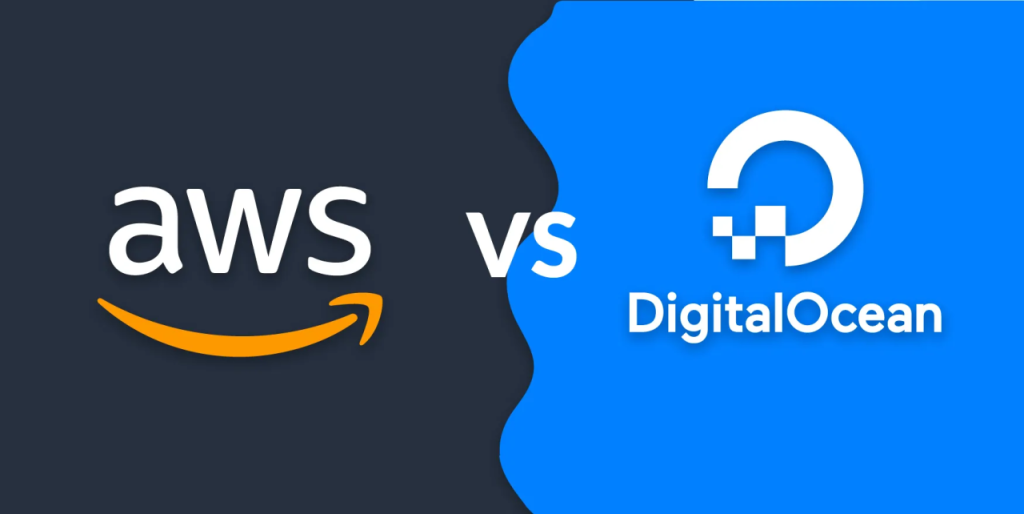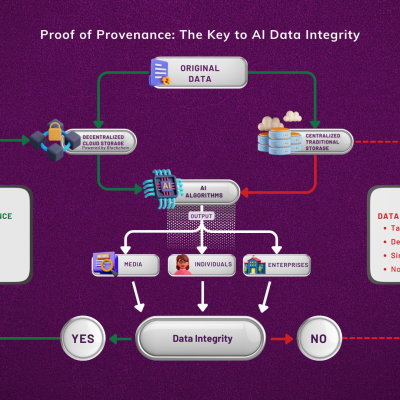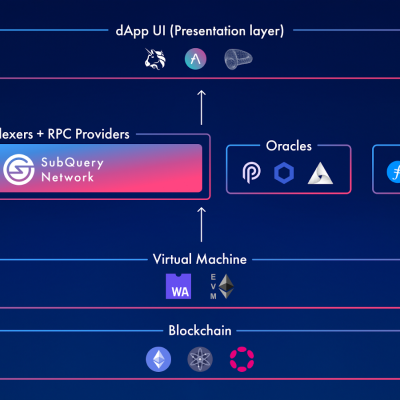
In today’s digital landscape, cloud computing has become an indispensable tool for businesses of all sizes. It offers scalability, flexibility, and access to powerful resources, empowering businesses to innovate and grow. However, with a multitude of cloud providers available, choosing the right one can be a daunting task. Two of the most popular options – Amazon Web Services (AWS) and DigitalOcean – cater to different needs and priorities. This article delves into the strengths and weaknesses of each platform to help you navigate your cloud journey and make an informed decision.
The Powerhouse: AWS – A Comprehensive Cloud Ecosystem
AWS is the undisputed leader in the cloud computing market, boasting a vast and ever-expanding suite of services. From compute, storage, and networking to database management, artificial intelligence, and security, AWS has it all. This comprehensive offering comes with several advantages:
- Unmatched Scalability and Reliability: AWS’s global infrastructure guarantees high availability and scalability, adapting to your fluctuating needs with ease. This is crucial for large enterprises or businesses experiencing rapid growth.
- Wide Range of Services: Whether you need basic virtual servers or cutting-edge AI tools, AWS provides a solution. This one-stop-shop approach simplifies cloud adoption and management.
- Enterprise-Grade Security: AWS offers robust security features and compliance certifications, meeting the stringent security requirements of large organizations and regulated industries.
- Mature Partner Ecosystem: With a vast network of technology partners, AWS provides access to diverse solutions and expertise, accelerating your cloud implementation.
However, AWS complexity can be overwhelming for smaller businesses or those new to cloud computing. Its pay-as-you-go model, while cost-effective for large-scale usage, can lead to unexpected bills for infrequent users. Additionally, navigating the extensive service catalog and optimizing resource allocation can be challenging without experience.
The Agile Challenger: DigitalOcean – Simplicity and Value for SMBs
DigitalOcean positions itself as the friendly giant, catering specifically to developers and small-to-medium businesses (SMBs). Its streamlined platform prioritizes ease of use and affordability:
- Simple User Interface and API: DigitalOcean’s intuitive interface and well-documented API make it easy to deploy and manage cloud resources, even for beginners.
- Predictable Pricing: DigitalOcean offers predictable, transparent pricing plans with no hidden fees. This makes budgeting and cost control easier for smaller businesses.
- Strong Community and Support: DigitalOcean fosters a vibrant community and provides excellent customer support, offering valuable resources and guidance for navigating the platform.
- Focus on Developers: DigitalOcean’s developer-centric features and pre-configured solutions simplify app development and deployment.
However, DigitalOcean’s service portfolio is not as extensive as AWS. It lacks some advanced features and enterprise-grade services that larger companies might require. Additionally, its infrastructure, while reliable, isn’t as geographically diverse as AWS, potentially impacting latency for global users.
Finding Your Cloud Nirvana: Evaluating Your Needs
Choosing between AWS and DigitalOcean boils down to a careful evaluation of your specific needs and priorities:
- Business Size and Growth: Larger enterprises with complex needs and rapid growth will likely benefit from AWS’s comprehensive offerings and scalability. Smaller businesses or startups may find DigitalOcean’s simplicity and affordability more appealing.
- Technical Expertise: For businesses with limited cloud experience, DigitalOcean’s user-friendly interface and community support offer a smoother learning curve. AWS, while powerful, requires more technical expertise to navigate effectively.
- Budget and Cost Control: If managing upfront costs and predictable billing are priorities, DigitalOcean’s transparent pricing structure might be preferable. AWS’s pay-as-you-go model requires careful resource optimization to avoid surprise expenses.
- Required Services: Identify your specific cloud needs. If you require advanced features or niche services, AWS’s wider catalog offers greater flexibility. For basic cloud infrastructure and developer tools, DigitalOcean might suffice.
Beyond the Binary: Hybrid and Multi-Cloud Strategies
Remember, you’re not limited to a single cloud provider. For nuanced needs, consider hybrid or multi-cloud strategies:
- Hybrid Cloud: Leverage both on-premises infrastructure and cloud resources to create a customized solution balancing control and scalability.
- Multi-Cloud: Utilize multiple cloud providers for specific tasks or geographic redundancy, benefiting from each platform’s strengths.
Ultimately, the best cloud platform is the one that aligns with your unique requirements and empowers your business to thrive in the digital age. Whether you choose the powerhouse capabilities of AWS or the agile value of DigitalOcean, approach your cloud journey with informed decisions and a clear understanding of your goals. With a strategic roadmap and a focus on efficiency, you can navigate the cloud landscape with confidence and unlock the boundless potential of this transformative technology.






